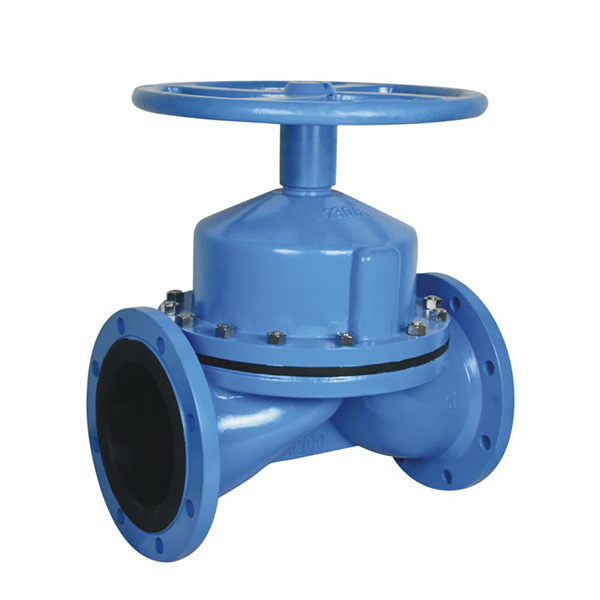The Ultimate Buyer's Guide for Purchasing weir type diaphragm valves
Understanding the Weir Type Diaphragm Valve
The weir type diaphragm valve is a favored choice for industries managing corrosive and abrasive substances. Its distinctive design features a raised "weir" or saddle across the flow path, enabling efficient flow regulation with minimal dead space. This design is particularly advantageous for applications requiring clean-in-place (CIP) and sterilize-in-place (SIP) procedures, as it decreases the likelihood of media residue build-up. Before making a purchase, it’s essential to understand how this valve operates and its ideal applications.
Materials of Construction and Compatibility
One critical factor when buying a diaphragm valve is the materials used in its construction. The diaphragm is typically crafted from elastomers like EPDM or PTFE, chosen based on their chemical compatibility with the flowing media. The valve body may be constructed from various materials, such as stainless steel, cast iron, or plastic. For industries handling highly corrosive materials, selecting a corrosion-resistant material is crucial to prevent frequent replacements or leaks.

Key Material Considerations
Diaphragm Material: PTFE is preferred for its chemical resistance, while EPDM provides flexibility, making it fit for various water and air applications.
Valve Body: Stainless steel is a robust choice for high-temperature and corrosive environments, whereas plastic may be utilized for less aggressive situations to reduce costs.
Flow Control and Precision
Another important aspect customers must consider is the valve's flow control precision. The weir type design efficiently regulates liquid and gas flows, allowing for smooth transitions between open and closed positions. This feature is ideal for sectors that require precise flow adjustments, including pharmaceutical and food processing industries where consistent flow rates are vital. Customers seeking accurate flow control should opt for valves that offer reliable actuation options, whether manual, pneumatic, or electric.
Maintenance and Longevity
Regular maintenance plays a key role in the long-term reliability of diaphragm valves. The diaphragm, being a wear part, necessitates periodic inspections and replacements. Fortunately, weir type diaphragm valves are acclaimed for their easy maintenance, featuring quick access to internal components and straightforward replacement processes. To minimize downtime, end-users should prioritize valves with easily replaceable diaphragms and check for industry certifications that confirm durability under continuous use.
Maintenance Tips
Conduct regular inspections of the diaphragm to catch early signs of wear.
Opt for valves with modular designs to simplify repairs and parts replacement.
Ensure that replacement diaphragms are readily available from the manufacturer.
Cost Considerations
Diaphragm valves come at various price points due to differences in materials, sizes, and actuation methods. However, it’s important to factor in the long-term ownership cost. Valves with lower initial investment might incur higher maintenance or replacement costs over time, leading to increased operational expenses. Investing in a high-quality valve constructed from durable materials can lower overall costs by minimizing the need for replacements and reducing system downtime.
Conclusion
When selecting a weir type diaphragm valve, customers should assess their application’s specific requirements, including chemical compatibility, flow control precision, and maintenance needs. By choosing appropriate materials and actuation methods, users can ensure the valve delivers reliable performance and durability even in demanding conditions. A thorough evaluation of these factors will enhance system performance and yield a better return on investment.
If you are interested in sending in a Guest Blogger Submission,welcome to write for us!

Comments
0